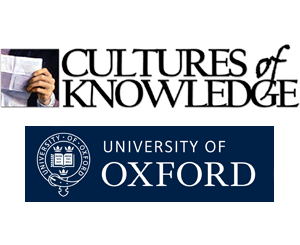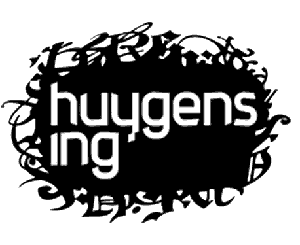Before email, faculty meetings, international colloquia, and professional associations, the world of scholarship relied on its own networks: networks of correspondence that stretched across countries and continents; the social networks created by scientific academies; and the physical networks brought about by travel. These networks were the lifelines of learning, from the age of Erasmus to the age of Franklin. They facilitated the dissemination&emdash;and the criticism&emdash;of ideas, the spread of political news, as well as the circulation of people and objects.
But what did these networks actually look like? Were they as extensive as we are led to believe? How did they evolve over time? Mapping the Republic of Letters, in collaboration with international partners, seeks to answer these and other questions through the development of sophisticated, interactive visualization tools. It also aims to create a repository for metadata on early-modern scholarship, and guidelines for future data capture.
We have worked on the various individual projects showcased on these pages collaboratively, as part of a single team. In 2017 the founding members of Mapping the Republic of Letters published a co-authored article about doing historical work in the digital age. You can read this piece here: "Historical Research in a Digital Age: Reflections from the Mapping the Republic of Letters Project."
A PDF version of the article is freely available.

A collaborative, interdisciplinary research project based at the University of Oxford with funding from The Andrew W. Mellon Foundation using digital methods to reassemble and interpret the correspondence networks of the early modern period.

Circulation of Knowledge and Learned Practices in the 17th-century Dutch Republic, enables browses and analysis of 20,000 letters that were written by and sent to 17th century scholars who lived in the Dutch Republic. The ePistolarium enables visualizations of geographical, time-based, social network and co-citation inquiries.

DensityDesign is a research lab in the Design Department of the Politecnico di Milano. It focuses on the visual representation of complex social, organizational and urban phenomena.